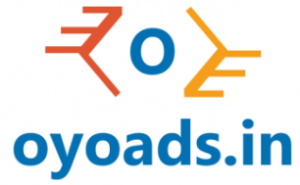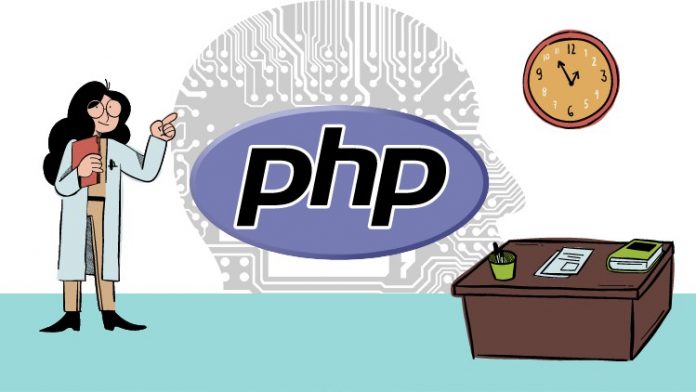**Course Updated – September 2022**
>> COURSE REGULARLY UPDATED: NEW TIPS, MORE LESSONS <<
PHP is a general-purpose scripting language geared toward web development. It was originally created by Danish-Canadian programmer Rasmus Lerdorf in 1994. The PHP reference implementation is now produced by The PHP Group. PHP originally stood for Personal Home Page, but it now stands for the recursive initialism PHP: Hypertext Preprocessor.
PHP code is usually processed on a web server by a PHP interpreter implemented as a module, a daemon or as a Common Gateway Interface (CGI) executable. On a web server, the result of the interpreted and executed PHP code – which may be any type of data, such as generated HTML or binary image data – would form the whole or part of an HTTP response. Various web template systems, web content management systems, and web frameworks exist which can be employed to orchestrate or facilitate the generation of that response. Additionally, PHP can be used for many programming tasks outside the web context, such as standalone graphical applications[9] and robotic drone control. PHP code can also be directly executed from the command line.
The standard PHP interpreter, powered by the Zend Engine, is free software released under the PHP License. PHP has been widely ported and can be deployed on most web servers on a variety of operating systems and platforms.
The PHP language evolved without a written formal specification or standard until 2014, with the original implementation acting as the de facto standard which other implementations aimed to follow. Since 2014, work has gone on to create a formal PHP specification.
W3Techs reports that, as of January 2022, “PHP is used by 78.1% of all the websites whose server-side programming language we know.” PHP version 7.4 is the most used version. Support for version 7.3 was dropped on 6 December 2021.
About Course
The course includes 2 Practice Test that builds your programming knowledge while making real-world PHP projects.
In this course, you’ll be exposed to fundamental programming concepts using PHP to help you practice and test your knowledge using quizzes.
Here’s a detailed look at what you’ll get:
-
methods
-
variables
-
Function
-
loop
-
statements
-
Classes and Objects
-
OOP
-
and much much more!
What will you need to succeed in this Exam?
-
NO Android, Java, Swift, or C knowledge is required!
-
PHP advanced knowledge is required though – you don’t need to be an expert but the basics need to be set (though there are refresher sections in this course!)
What does this course offer you?
-
This course consists of 2 practice tests.
-
The practice test consists of 20 questions, timed at 30 minutes
-
The questions are multiple-choice.
-
Every question is associated with a knowledge area.
-
The answers are randomized every time you take a test.
-
Once the test was taken, you will get an instant result report with categories of strength to weakness.
-
You can retake the tests over and over again as and when it suits you.
I’d be very happy to welcome you to the course!























![[100% Free]Python Bootcamp 2020 Build 15 working Applications and Games (31.5 Hours)](https://oyoads.in/wp-content/uploads/2020/05/Python-Bootcamp-2020-Build-15-working-Applications-and-Games-1-100x70.jpg)

![[100% Free]Java Programming: Complete Beginner to Advanced](https://oyoads.in/wp-content/uploads/2020/05/IMG_20200519_054150_522-100x70.jpg)
